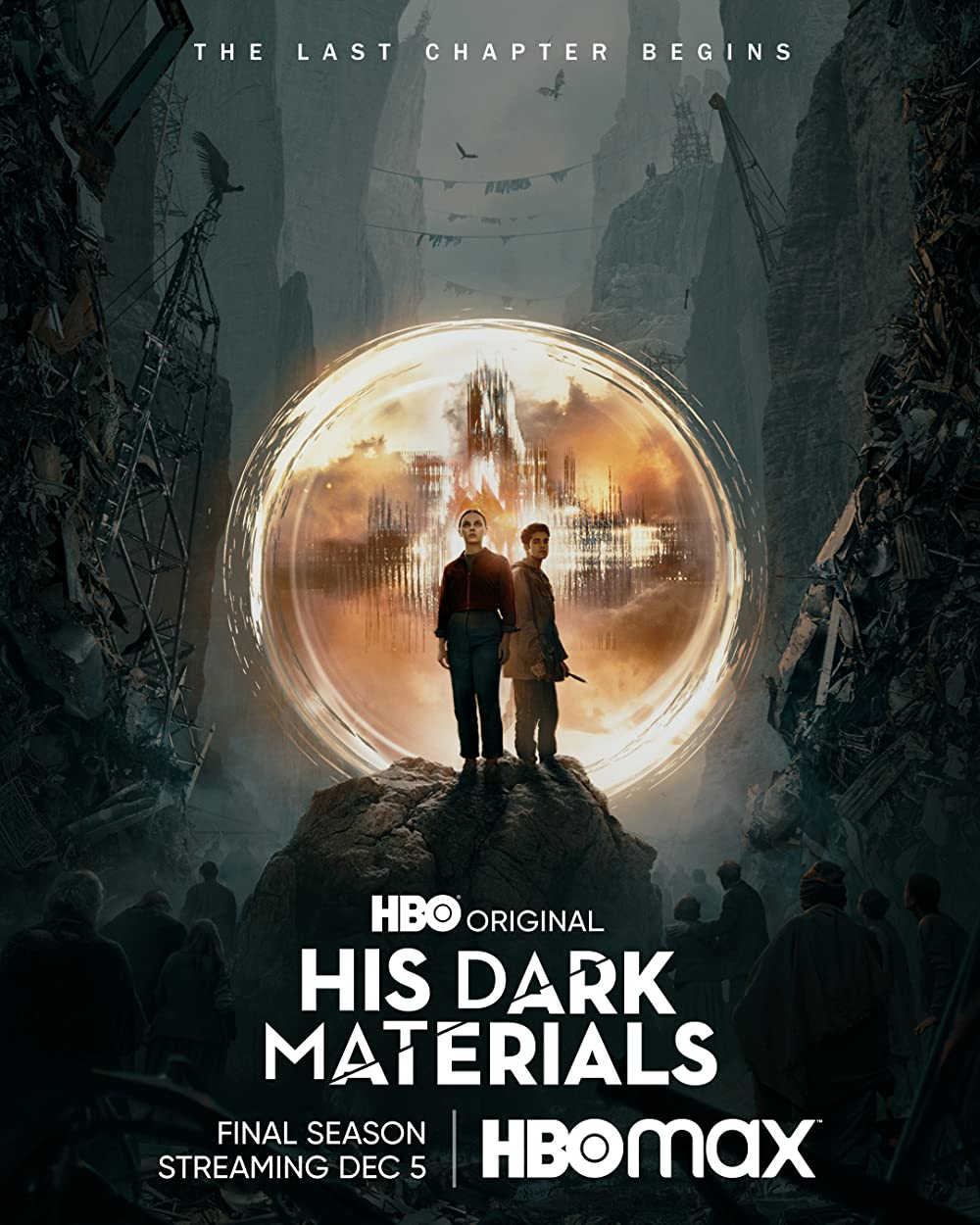language
1) Write a summary of the notes from our in-class analysis of the episode. You can use your own notes from the screening in class or this Google document of class notes (you'll need your GHS Google login).
Camerawork and sound:
Music - theme tune to Doctor Who. Very science-fiction - sets genre from beginning.
Graphics on screen: title of show and episode. Simple text/font.
Slow, clunky camera movement (due to technology in 1960s).
Sound: hum of TARDIS (helps create science-fiction genre).
Mise-en-scene:
Susan - first introduced dancing and dressed as 1960s teenager (costume). Seems to be both typical teenager and alien.
Costume and hair typical of 1960s.
School - creates personal identity for audience.
S
Narrative and genre:
Opening title sequence like a rocket taking off - sci-fi genre and links to 1960s space race.
Enigma codes: mystery of Susan’s home. French Revolution book - “I’ll have finished it” “That’s not right”... suggests time travel.
2) How can we apply narrative theories to this episode of Doctor Who?
Todorov's Equilibrium:Propp's character theory:Barthes's enigma and action codes:Levi-Strauss's binary opposition:
3) In your opinion, what is the most important scene in the episode and why?
In my opinion, it's scene 3 as ; Narrative background - “I was born in another time and another world” (Susan). Doctor says “One day we will return” - creates narrative arc for Doctor Who that still continues today.
4) What genre is An Unearthly Child and how can you tell? Make specific reference to aspects of the episode.
science fiction television series
5) How does An Unearthly Child reflect the social and historical contexts of the 1960s?
Representations
1) What stereotypes of men are reinforced and subverted in Doctor Who: An Unearthly Child? How?
2) What stereotypes of women/girls are reinforced and subverted in Doctor Who: An Unearthly Child? How?
3) How do the representations of young people and old people in An Unearthly Child reflect the social and historical context of the 1960s?
4) What representations of race/ethnicity can be found in Doctor Who: An Earthly Child? Is this surprising or not? Give reasons for your answer and consider historical / cultural context (the 1960s). Has this changed in more recent series of Doctor Who?
5) How is social class represented in An Unearthly Child? Think about how education and knowledge is presented in the episode
Representations
1) What stereotypes of men are reinforced and subverted in Doctor Who: An Unearthly Child? How?
2) What stereotypes of women/girls are reinforced and subverted in Doctor Who: An Unearthly Child? How?
3) How do the representations of young people and old people in An Unearthly Child reflect the social and historical context of the 1960s?
4) What representations of race/ethnicity can be found in Doctor Who: An Earthly Child? Is this surprising or not? Give reasons for your answer and consider historical / cultural context (the 1960s). Has this changed in more recent series of Doctor Who?
